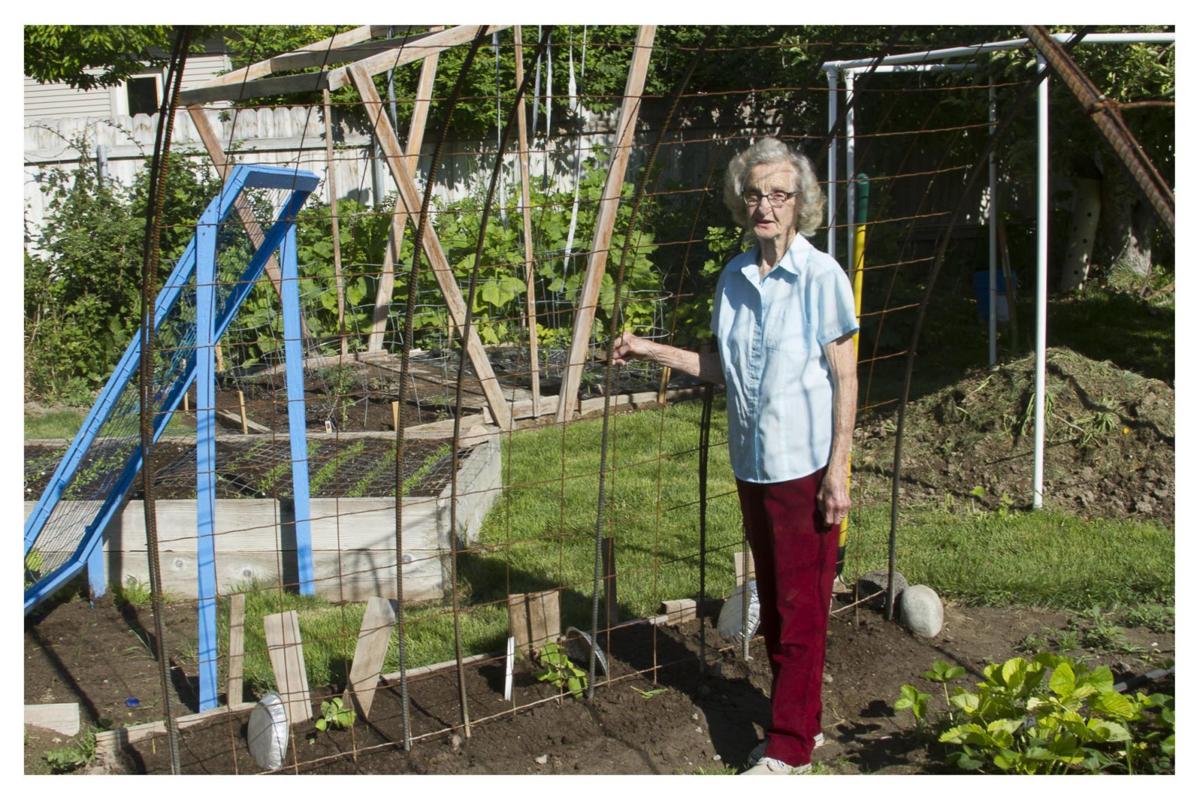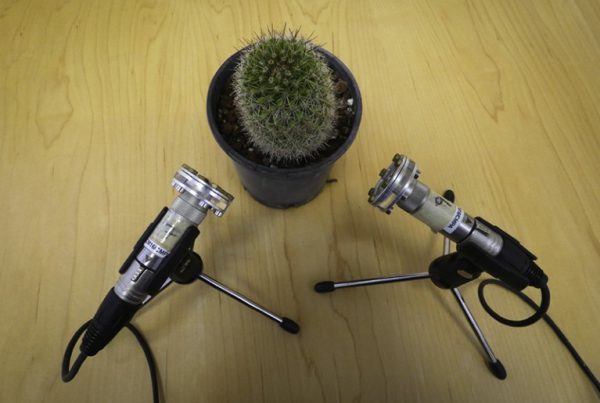Last week Twin Falls Mayor Shawn Barigar declared June as Alzheimer’s and Brain Awareness Month. He has urged residents to “increase their awareness of Alzheimer’s disease, its effect on the brain, and the healthy life style choices they can make to reduce their risk of developing dementia.”
Looking for healthy life style choices? Consider gardening. In a study published in 2016, researchers from the University of Pittsburgh School of Medicine and the UCLA Medical Center found that regular exercise can reduce the risk of Alzheimer’s by half. The researchers found that regular exercise increases brain volume in older adults. The researchers discussed various forms of helpful exercise including walking, dancing and gardening.
Another long-term study involving 2,805 seniors in Dubbo, Australia correlated incidence of dementia (all kinds) with various lifestyle factors. Researchers found that gardening providing the single biggest risk reduction for dementia, a reduction of 36 percent. The researchers recommended daily gardening as part of a strategy for maintaining brain health.
How can gardening ward off Alzheimer’s? Gardening involves real work. It gets your heart beating faster, it increases strength and dexterity and it is multi-sensory. Many adults, having been involved in sports through their 40s, end up replacing sports with sedentary activities. Gardeners continue gardening throughout their senior years. Let me mention several local friends in their 80s and 90s whose lives reflect the value of good life style choices.
Arlene Thompson will turn 89 this next month. Years ago, Arlene and her husband John had flower beds that were the envy of neighbors. Over the last couple of decades, the flower beds have receded, but not the passion for gardening. John passed away several years ago and recently Arlene’s friend, Marlene Peterson, 85 and widowed, moved in with her. Arlene and Marlene are in the garden several hours a day, weeding, planting, and tidying up the garden beds. Both grew up on family farms, have gardened since they were children, and what they eat is what they grow. With a large vegetable garden, fruit trees, grape vines and berry patches, they are quite self-sufficient.
Strong women, they can still do what needs doing. “We do some things slower than we used to,” Marlene admitted. I asked if they ever got exhausted gardening. Arlene just smiled and said, “We sleep well.” When asked why they keep doing it, Arlene said, “We’re happier in the sunshine, and the exercise keeps us out of the care center.”
Barbara Martin will be 90 at the end of December. After suffering a pinched nerve in her back this last year, her children asked if she wouldn’t be more comfortable in a condo. She said “no.” She loves her yard, trees, flower beds, manicured lawn, rock garden, shrubbery and vegetable garden. The garden is bordered with irises and a ring of marigolds to keep the insects away. Barbara is passionate about her red potatoes, carrots, cabbage, and overwintered garlic which will soon be ready to harvest.
Carol Stewart lives in her own home with her son Fred. Carol grew up gardening. As she says, she started gardening as soon as she was old enough to pull a weed. Her family had a large vegetable garden, but her dad’s passion was flowers, and every year his dahlias took First Place at the county fair.
At 93, Carol loves to be in the garden on her knees. Deeply religious, she says prayer was natural for her as she was always on her knees in the garden. Over the last several years, her son built vertical frames (see photo) so she wouldn’t have to kneel so much. He built scaffolding for cucumbers, another for squash, and an overhead trellis with supports for tomato plants. Carol appreciates his concern but admits she doesn’t like those frames. She likes gardening the old way, on her knees.
Source: Garden Wise: Can gardening help protect you from Alzheimer’s?













